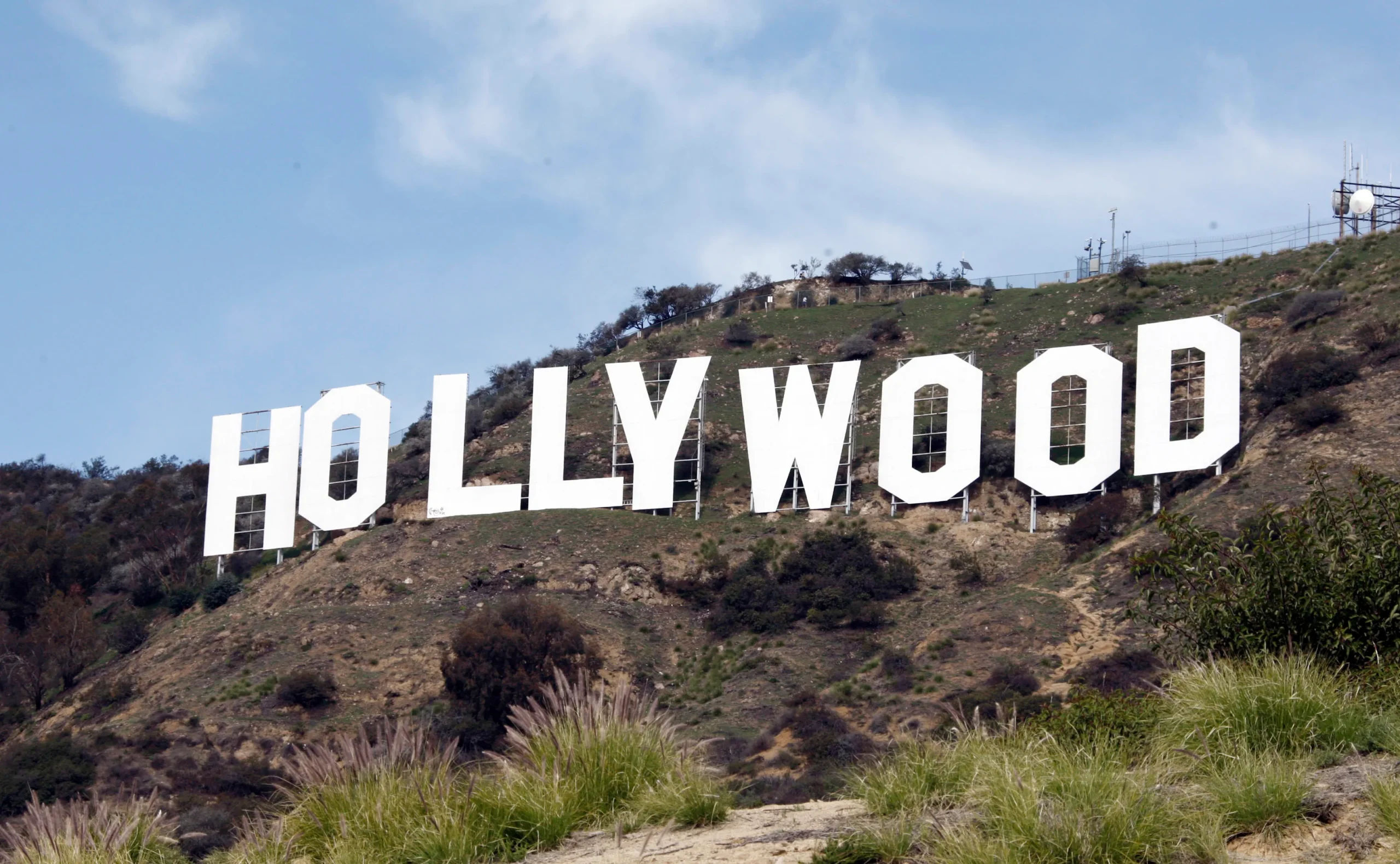Trump Weighs 100% Tariffs on Foreign-Produced Films – Donald Trump has stated he intends to consult with Hollywood industry leaders following his earlier announcement that films produced outside the United States could face tariffs of up to 100%, prompting widespread reactions throughout the global film community.
On Sunday, Trump said he had directed the Department of Commerce to begin formal proceedings to implement the measure, citing what he described as a rapidly declining American film industry, which he said was experiencing “a very fast death.”
By Monday, however, his position appeared more flexible. While speaking at the White House, he indicated he planned to “meet with the industry” to ensure stakeholders would be “happy” with whatever proposal is ultimately put forward.
For years, production companies have increasingly chosen to shoot films outside of the U.S. in locations such as the United Kingdom and Canada due to reduced costs. One international union suggested the plan could deliver a significant blow to the global production economy.
Posting on Truth Social, Trump commented, “It is, in addition to everything else, messaging and propaganda!” and added emphatically, “WE WANT MOVIES MADE IN AMERICA, AGAIN!”
Commerce Secretary Howard Lutnick acknowledged the directive, stating, “We’re on it.” However, key aspects of the proposal remain undefined. The announcement did not clarify whether U.S. film companies operating abroad would also be affected by the potential tariffs.
White House spokesperson Kush Desai stated that while no final decisions had yet been made, the administration was actively examining all avenues to advance the president’s goal of supporting both national security and the American film economy under the framework of “Making Hollywood Great Again.”
Several recent blockbusters from U.S.-based studios, including Deadpool & Wolverine, Wicked, and Gladiator II, were produced outside of the United States, raising questions about how such titles would be impacted.
It is also unknown whether the tariffs would extend to digital streaming content on platforms like Netflix in addition to theatrical releases, or how the fees would be calculated and enforced.
Timothy Richards, founder of European cinema chain Vue, questioned how a “U.S. film” would be defined, asking whether factors like funding origin, scriptwriting, directing, cast, or shooting location would be considered.
He explained that rising costs in Southern California have pushed many filmmakers to seek international options, particularly where favorable tax policies and cost efficiencies are available.
“But it’s not just about budgets,” he noted. “The UK has developed a globally respected workforce of highly experienced and skilled film professionals.”
The full impact of the measure will depend on further clarification of how it is to be applied and regulated.
UK media union Bectu raised concern that the proposed tariffs could significantly disrupt the industry and its freelance workforce, which is still recovering from the effects of the COVID-19 pandemic and recent production slowdowns.
Union leader Philippa Childs urged swift action: “The government must move quickly to protect this crucial sector and support the freelance professionals at its core, in line with our broader economic interests.”
The UK government reiterated its commitment to supporting film production and said further details would be shared in its upcoming Creative Industries Sector Plan.
It added that discussions regarding an economic arrangement with the United States were ongoing but emphasized that providing regular updates would not be in the national interest.
The British Film Institute said it was actively collaborating with domestic and international industry stakeholders while reviewing the proposal. “We are focused on maintaining collaborative relationships and continuing to work constructively with our partners in the U.S. and abroad,” the organization stated.
Despite various obstacles, the United States remains a major force in global film production. According to data from industry research firm ProdPro, U.S. production spending reached $14.54 billion in the most recent fiscal year, although that figure marked a 26% decline from 2022.
NPR film critic Eric Deggans cautioned that new tariffs could result in unintended economic consequences, such as reciprocal trade measures by other countries, which could hinder the global reach and profitability of U.S. films.
“If implemented, this could potentially hurt the U.S. film industry more than it helps,” Deggans said.
The Motion Picture Association, representing five leading U.S. film studios, declined to offer a comment on the situation.
Countries such as Australia, New Zealand, Canada, and the UK have seen notable increases in production spending since 2022, according to ProdPro.
Following the announcement, Australian Home Affairs Minister Tony Burke stated, “There should be no misunderstanding—Australia will firmly defend the interests of its screen sector.”
Screen Producers Australia acknowledged many aspects of the plan remain uncertain but emphasized it would likely have significant global effects.
New Zealand’s Prime Minister Christopher Luxon said his administration was awaiting more specifics but reaffirmed its support for the screen sector, saying, “We are proud advocates for this industry.”
Before taking office earlier this year, Trump had named actors Jon Voight, Mel Gibson, and Sylvester Stallone as special ambassadors to promote business opportunities in the U.S. film sector, which he referred to as a “great but very troubled place.”
At the time, Trump wrote that the trio would serve as Special Envoys with a mission to bring film production “BACK — BIGGER, BETTER, AND STRONGER THAN EVER BEFORE!”
Since his return to the presidency in January, Trump has introduced tariffs on numerous countries, arguing that such measures are necessary to protect American manufacturers and safeguard domestic jobs.
However, the wider global economy has faced significant disruptions, and consumer prices have increased across various sectors due to trade-related uncertainties.
Prior to the most recent film tariff proposal, existing U.S. trade policies had already influenced the entertainment sector. In April, China announced it would reduce the number of American films allowed in the country.
The China Film Administration stated that U.S. trade policy had negatively impacted local perceptions of American media, saying, “We will follow market principles, respect audience demand, and moderately reduce the number of U.S. films imported.”







